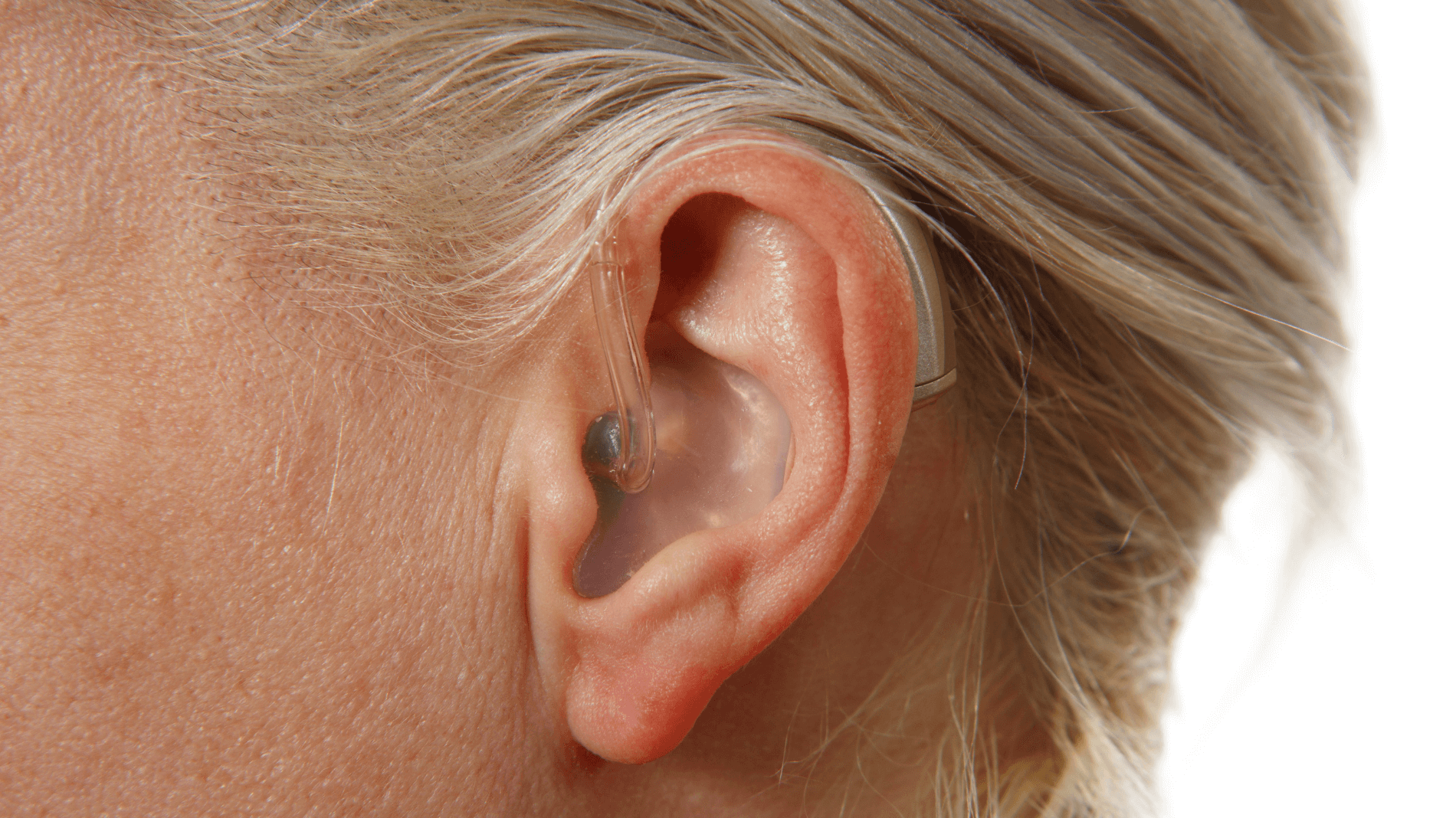How to Take Control of Your Hearing Journey

Hearing is a critical part of our daily lives, enabling us to communicate, enjoy music, and stay aware of our surroundings. Experiencing hearing loss can be challenging, but taking control of your hearing journey is possible with the right approach.
Understanding Hearing Loss
The first step in taking control of your hearing journey is recognizing the early signs of hearing loss. These signs can be subtle at first, making it easy to dismiss them as minor annoyances. You might find yourself asking people to repeat themselves more often, having difficulty following conversations in noisy environments, or noticing that you need to turn up the volume on the television or radio. If you experience any of these symptoms, it is important not to ignore them. Early detection of hearing loss can lead to more effective management and better outcomes.
Once you recognize potential signs of hearing loss, the next step is to schedule a hearing health exam. Regular exams are crucial for monitoring your hearing and catching any changes early. A hearing health exam is a comprehensive evaluation performed by a hearing specialist. During the exam, your hearing professional will conduct a series of tests to assess your hearing ability, identify any issues, and recommend appropriate solutions. This evaluation provides a clear understanding of your hearing health and lays the foundation for any necessary interventions.
After your hearing health exam, your provider will discuss the results with you and suggest possible treatment options if needed. These options can vary depending on the type and severity of your hearing loss. Common solutions include hearing aids, cochlear implants, or other assistive listening devices. Hearing aids are the most common and can significantly improve your ability to hear and understand speech. Modern hearing aids come in various styles and technologies, offering personalized features to suit your lifestyle and preferences. It is essential to work closely with your provider to find the best solution for your specific needs.
Adjusting Your Lifestyle Choices
In addition to using hearing aids or other devices, there are several lifestyle adjustments you can make to enhance your hearing experience. For example, practicing good communication strategies can help you better understand conversations. This includes facing the person you are speaking with, reducing background noise, and using visual cues such as lip-reading and facial expressions. Additionally, using assistive listening devices, like amplified phones or television listeners, can improve your ability to hear in different settings.
Taking care of your overall health also plays a significant role in maintaining your hearing. A healthy diet, regular exercise, and avoiding exposure to loud noises can help protect your hearing. Foods rich in vitamins and minerals, such as leafy greens, fruits, and nuts, support good hearing health. Exercise improves blood flow to the ears, which is crucial for maintaining the health of your hearing organs. Additionally, protecting your ears from loud noises by wearing earplugs or earmuffs in noisy environments can prevent further damage.
Stay Informed
It is also important to stay informed and proactive about your hearing health. Regular follow-up appointments with your provider are essential to monitor your hearing and ensure that your hearing aids or other devices are functioning properly. These appointments provide an opportunity to make any necessary adjustments and address any concerns you may have. Staying engaged in your hearing care and asking questions will empower you to make informed decisions about your hearing health.
Lastly, building a support network can greatly enhance your hearing journey. Surround yourself with understanding friends and family who can provide encouragement and assistance when needed. Support groups, both in-person and online, offer a community of individuals who share similar experiences and challenges. Connecting with others who understand what you are going through can provide emotional support and practical advice.
Taking control of your hearing journey involves recognizing early signs of hearing loss, scheduling regular hearing health exams, exploring treatment options, making lifestyle adjustments, and maintaining overall health. By being proactive and informed, you can effectively manage your hearing health and enjoy a better quality of life. Remember, hearing is a precious sense, and taking steps to protect and enhance it is an investment in your well-being.
